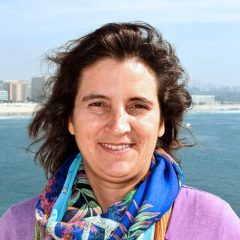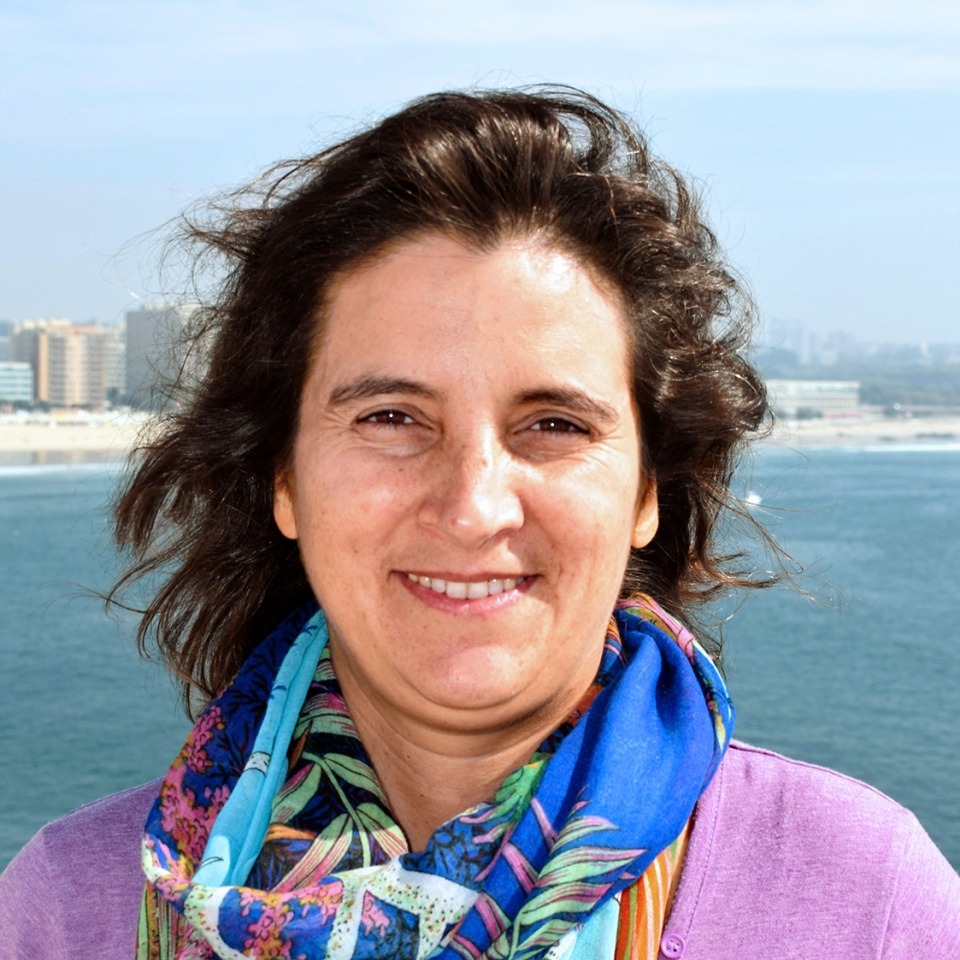

Group Leader
Ana Paula Mucha has a Degree in Aquatic Sciences (1993), a MSc in Ecology, Management and Modelling of Aquatic Resources (1997) and a PhD in Aquatic Sciences (2002). She has a research position at CIIMAR, University of Porto, Portugal, being member of the Board of Directors and the Principal Investigator of the ECOBIOTEC Team (Bioremediation and Ecosystems Functioning).
Also, she is an Invited Assistant Professor at the Department of Biology of Faculty of Sciences of University of Porto. She focuses her research on the relation between microorganisms and contaminants, aiming the development of bioremediation technologies for ecosystems recovery and environmental sustainability. She also explores the microbe-plant associations for the development of nature-based solutions for water management, and the microbe-animal interactions to increase environmental sustainability of aquaculture production.
She authored ca. 90 SCI papers including high profile journals in the field of Marine and Environmental Sciences. She has been involved in multiple regional, national and international projects, and presently coordinates CIIMAR participation in the European project “BIOSYSMO – BIOremediation systems exploiting SYnergieS for improved removal of Mixed pOllutants” (GAP-101060211). Also she coordinates the project “Ocean3R – Reduce pressures, restore and regenerate the NW-Portuguese ocean and waters” (NORTE-01-0145-FEDER-000064), and the Research Line 4 (Marine biobanks as tools for marine biotechnology) in the structured program of R&D ATLANTIDA – Platform for the monitoring of the North Atlantic Ocean and tools for the sustainable exploitation of the marine resources” (NORTE-01-0145-FEDER-000040). In addition, she has been involved as supervisor in several national and European Master and PhD programmes, and presently she co-coordinates the FCUP team responsible for the M2ex-European Joint Doctorate “Exploiting metal-microbe applications to expand the circular economy” (European Union; Horizon 2020 research and innovation programme under the Marie Sklodowska-Curie grant agreement No 861088).










